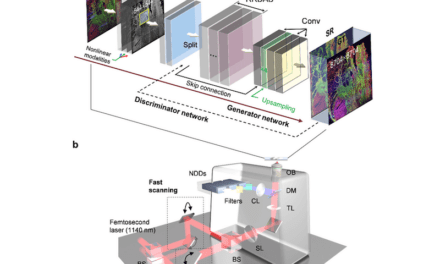Gestalt Diagnostics has released an AI algorithm for use on one of the broadest trained environments for commercial or research use. The Mitotic Counting algorithm was trained on over 100,000 individual mitosis and across seven scanner models. The algorithm boasts an F1-Score of 0.74, which is tantamount to the best state-of-the-art methods.
This mitotic counting algorithm is available today in the Gestalt AI Studio and for use on: cutaneous mast cell tumor, breast cancer, lymphoma, lung cancer, melanoma, neuroendocrine, colon cancer, and bladder carcinoma. It has been trained on various models of Hamamatsu, Leica, 3D Histech, and Aperio scanners.
“We are extremely proud of the comprehensive approach we take to AI development as an organization. Our position is to not only look at development and training with a small subset of images or on one or two scanners, that would not prove as effective or accurate as we feel our customers and the industry require. Therefore, we train on tens of thousands images, tumors cells, or in this case, mitosis and multiple scanner models across several scanner vendors to ensure the most accurate, clinically usable options for our customers,” says Brian Napora, Gestalt Diagnostics VP, AI Solutions.
The defining factor for the broad applicability of deep learning models is their capability to generalize to unseen scanners and tissue types; a comprehensive dataset is essential to achieving this goal. The data set Gestalt says it employed covers seven tissue types spanning eight tumors and is digitized with seven scanners.
“What does this mean for our customers? Confidence. Gestalt is focused on providing solutions that provide a foundation of confidence in use as this industry continues to evolve, innovate, and incorporate products that are meant to enhance a pathologist’s or scientist’s daily life,” says Lisa-Jean Clifford, Gestalt Diagnostics COO & chief strategy officer.





